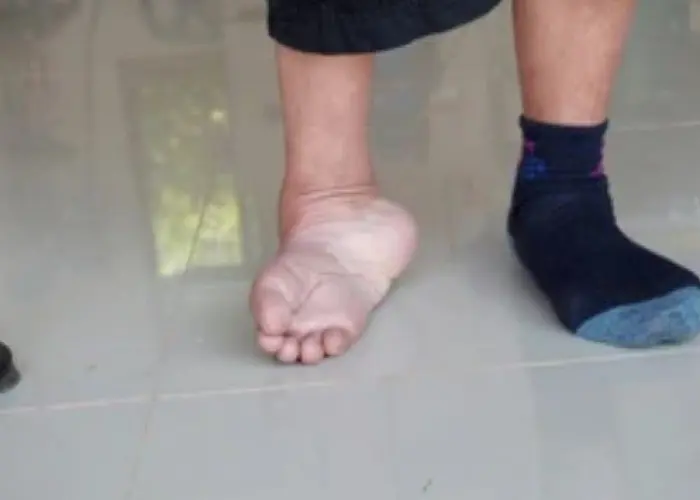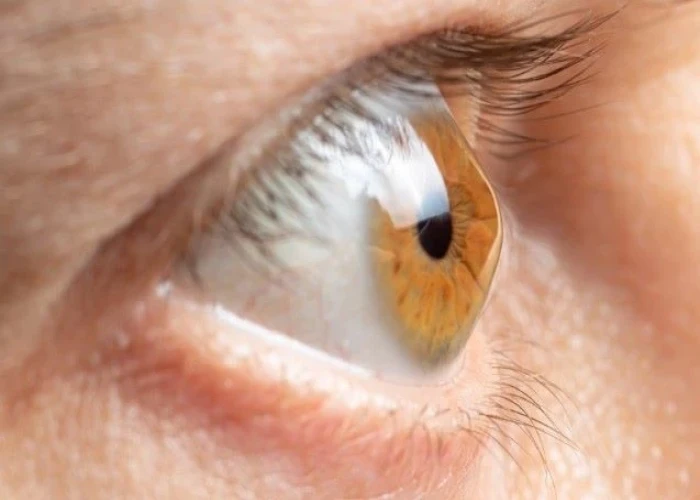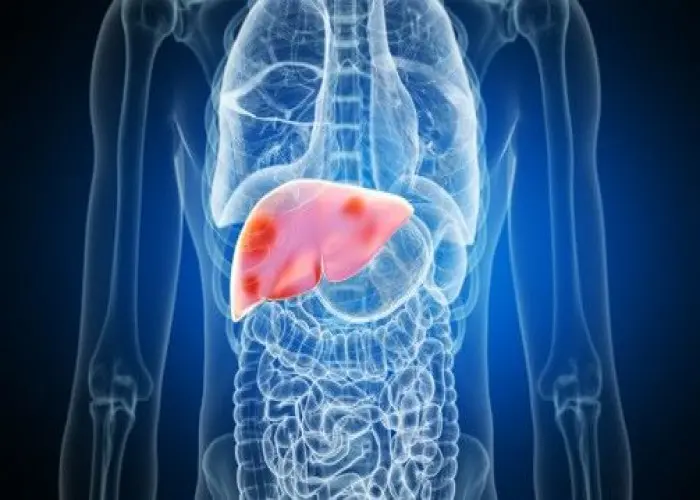 Welcome
Welcome
“May all be happy, may all be healed, may all be at peace and may no one ever suffer."
Adult attention-deficit/hyperactivity disorder (ADHD)

Adult attention-deficit/hyperactivity disorder (ADHD) is a neurodevelopmental disorder that affects both children and adults. It is characterized by symptoms of inattention, impulsiveness, and hyperactivity that interfere with daily functioning and relationships.
Symptoms of adult ADHD may include:
- Inattention: difficulty staying focused, easily distracted, forgetfulness, trouble completing tasks, disorganization
- Impulsiveness: acting without thinking, interrupting others, impulsive spending, taking risks without considering the consequences
- Hyperactivity: restlessness, fidgeting, excessive talking, difficulty sitting still
- Emotional instability: mood swings, irritability, frustration, impulsiveness
Adult ADHD is often underdiagnosed and misdiagnosed, as its symptoms can be mistaken for other conditions such as anxiety, depression, or stress. A healthcare professional can diagnose ADHD by evaluating the patient's symptoms and medical history, and conducting tests such as psychological evaluations and attention tests.
Treatment for adult ADHD typically involves a combination of medication, therapy, and lifestyle changes. Medications such as stimulants, non-stimulants, and antidepressants can help improve focus, attention, and impulsiveness, while therapy can help patients develop coping skills and address any related emotional or behavioral issues. Lifestyle changes, such as regular exercise, a healthy diet, and sleep habits, can also help manage symptoms and improve overall functioning.
If you suspect that you or a loved one may have adult ADHD, it's important to seek a diagnosis from a healthcare professional. With proper treatment, people with ADHD can lead fulfilling and productive lives.
Research Papers
Disease Signs and Symptoms
- Impulsiveness or failure to plan ahead
- Difficulty organizing, prioritizing or focusing on tasks
- Problems staying on task
- Difficulty multitasking
- Anxiety, agitation or restlessness
- Difficulty with planning and organizing
- Frustration
- Rapid mood chang
- Hot temper
Disease Causes
Adult attention-deficit/hyperactivity disorder (ADHD)
While the exact cause of ADHD is not clear, research efforts continue. Factors that may be involved in the development of ADHD include:
- Genetics. ADHD can run in families, and studies indicate that genes may play a role.
- Environment. Certain environmental factors also may increase risk, such as lead exposure as a child.
- Problems during development. Problems with the central nervous system at key moments in development may play a role.
Disease Prevents
Disease Treatments
Standard treatments for ADHD in adults typically involve medication, education, skills training and psychological counseling. A combination of these is often the most effective treatment. These treatments can help manage many symptoms of ADHD, but they don't cure it. It may take some time to determine what works best for you.
Medications
Talk with your doctor about the benefits and risks of any medications.
- Stimulants, such as products that include methylphenidate or amphetamine, are typically the most commonly prescribed medications for ADHD, but other medications may be prescribed. Stimulants appear to boost and balance levels of brain chemicals called neurotransmitters.
- Other medications used to treat ADHD include the nonstimulant atomoxetine and certain antidepressants such as bupropion. Atomoxetine and antidepressants work slower than stimulants do, but these may be good options if you can't take stimulants because of health problems or if stimulants cause severe side effects.
The right medication and the right dose vary among individuals, so it may take time to find out what's right for you. Tell your doctor about any side effects.
Psychological counseling
Counseling for adult ADHD generally includes psychological counseling (psychotherapy), education about the disorder and learning skills to help you be successful.
Psychotherapy may help you:
- Improve your time management and organizational skills
- Learn how to reduce your impulsive behavior
- Develop better problem-solving skills
- Cope with past academic, work or social failures
- Improve your self-esteem
- Learn ways to improve relationships with your family, co-workers and friends
- Develop strategies for controlling your temper
Common types of psychotherapy for ADHD include:
- Cognitive behavioral therapy. This structured type of counseling teaches specific skills to manage your behavior and change negative thinking patterns into positive ones. It can help you deal with life challenges, such as school, work or relationship problems, and help address other mental health conditions, such as depression or substance misuse.
- Marital counseling and family therapy. This type of therapy can help loved ones cope with the stress of living with someone who has ADHD and learn what they can do to help. Such counseling can improve communication and problem-solving skills.
Disease Diagnoses
Disease Allopathic Generics
Disease Ayurvedic Generics
Disease Homeopathic Generics
Disease yoga
Adult attention-deficit/hyperactivity disorder (ADHD) and Learn More about Diseases

Clubfoot

Plantar warts

Keratoconus

Addison's disease

Hemochromatosis

Anterior prolapse (cystocele)

Bundle branch block

Pelvic organ prolapse
Adult attention deficit hyperactivity disorder adhd, Concentration deficit disorder in adults, প্রাপ্তবয়স্কদের মনোযোগ ঘাটতি হাইপার্যাকটিভিটি ডিসঅর্ডার এডিএইচডি
To be happy, beautiful, healthy, wealthy, hale and long-lived stay with DM3S.
